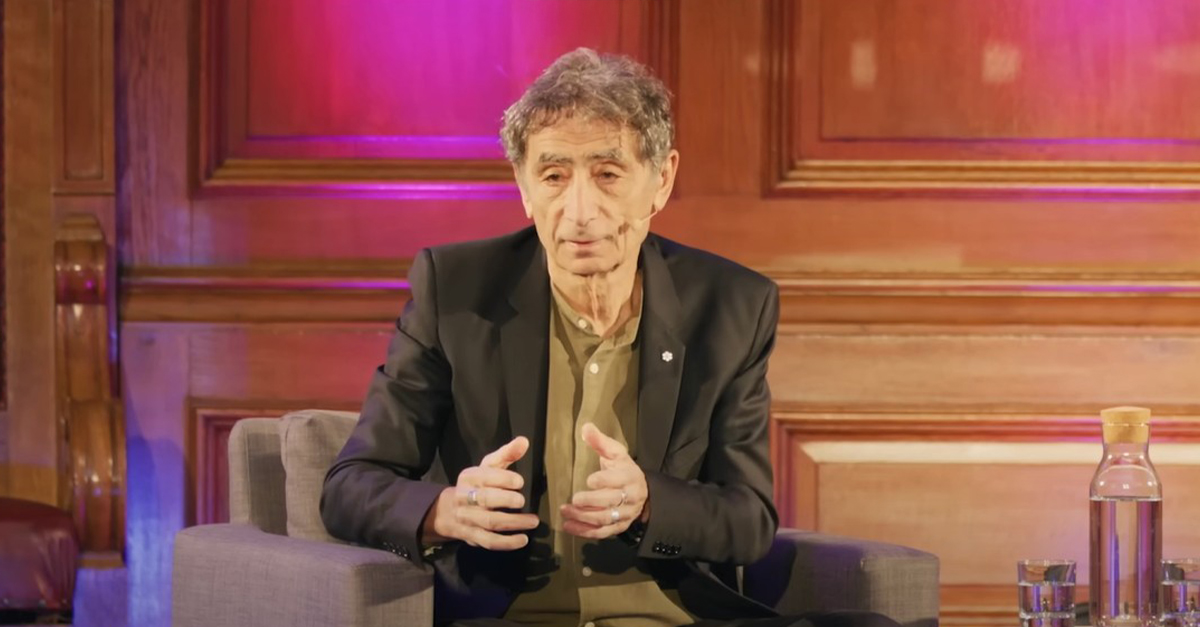If you've ever spent hours ruminating over a decision, only to feel more worried and bewildered than when you started, you’re not alone. Overthinking, or “analysis paralysis” can stop you in your tracks, derail your confidence, and cause worry and stress that is totally unnecessary. As with most mental blocks, there are some strategies to help you break free of this energy-draining mental gridlock.
What Is Overthinking?
Overthinking is the tendency to dwell excessively on choices, problems, or hypotheticals, often without arriving at a solution. It’s usually rooted in fear of failure, perfectionism, or some sort of need to know and control every possible outcome. Unlike productive reflection and contemplation, overthinking leads to mental exhaustion, stress, and indecision. Knowing when your thoughts are going around in circles is the first step toward change.
The Cost Of Analysis Paralysis
Indecision has serious consequences. Constantly refusing to act, whether it’s about relationships, career moves, or even basic daily tasks—can lead to missed opportunities, lousy productivity, and regret. Overthinkers get caught up in the illusion that more thinking equals better results. This hesitation only leads to more anxiety and just confuses you even more.
Set Time Limits For Your Decisions
One great way to stop overthinking is to set some boundaries for your decision-making. If a choice isn’t life-changing, set yourself a specific time-frame to decide, let’s say, 15 minutes for simple matters, and a day or two for bigger ones. Deadlines will help focus your thinking and push you to act before indecision takes over and sabotages you again.
Concentrate Only On What You Can Control
Overthinkers obsess over variables they can’t influence. Instead of worrying about every possible outcome, keep your attention centered on the decisions and actions you can take right now. Setting the situation in these terms will help shift your mind from fear to individual agency and empowerment. It also pushes anxiety over “what-ifs” to the side.
Too Much Information
Too much information is a big part of what fuels overthinking. With unlimited access to opinions, articles, and reviews, it’s all too easy to fall into information overload. Obviously, some information is necessary, but set a cut-off point. Accept that no choice is ever made with 100% certainty. Don’t be afraid to go with your gut sometimes.
Mindfulness And Grounding Techniques
Mindfulness practices like deep breathing, journaling, or meditation can help calm a racing mind. These techniques, if done properly, will center you in the present moment and help you pick out thought patterns without judgment. The more aware you are of your internal dialogue, the better you’ll be able to redirect it in a constructive direction.
Shake Off The Need To Be Perfect
Perfectionism is a very common source of overthinking. The belief that there's one “perfect” choice can immobilize you. The fact is, most decisions can be adjusted later if it’s really necessary. Try to be “good enough” instead of flawless. Progress, learning, and adaptability are far more valuable in the long run than making a perfect but long overdue decision.
 Christina @ wocintechchat.com, Unsplash
Christina @ wocintechchat.com, Unsplash
Talk To Someone You Trust
Sometimes, just talking through your thoughts with a friend, mentor, or therapist can break you out of analysis paralysis. Other people can give you perspective, challenge your irrational fears, and remind you of what you have to offer. Voicing aloud your inner conflict often makes the situation seem more manageable and not such an emergency.
Always Celebrate The Little Wins
Every time you make a timely decision, no matter how small, make a note of it. Building confidence by taking action will drive home the truth that you’re more than capable of dealing with uncertainty. In time this habit will weaken the grip of overthinking and build resilience into your decision-making.
Breaking The Chains That Bind You
Overthinking may trick you into thinking that you're being careful or thorough, but it stalls growth and robs you of your peace of mind. Implementing practical strategies and changing your mindset, you can wrest back control and go forth with more confidence. Remember: action, not thinking, is what makes things happen. Now take a deep breath, and get out there: you’ve got this!
You May Also Like:
10 Good Habits To Keep Your Mind Sharp
Lifestyle Changes To Improve Your Anxiety











